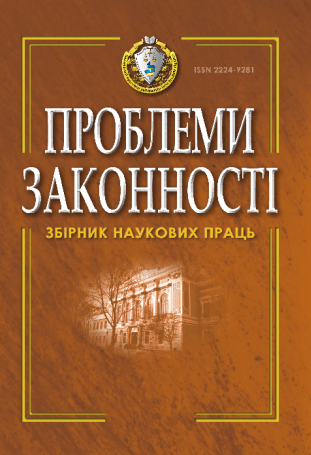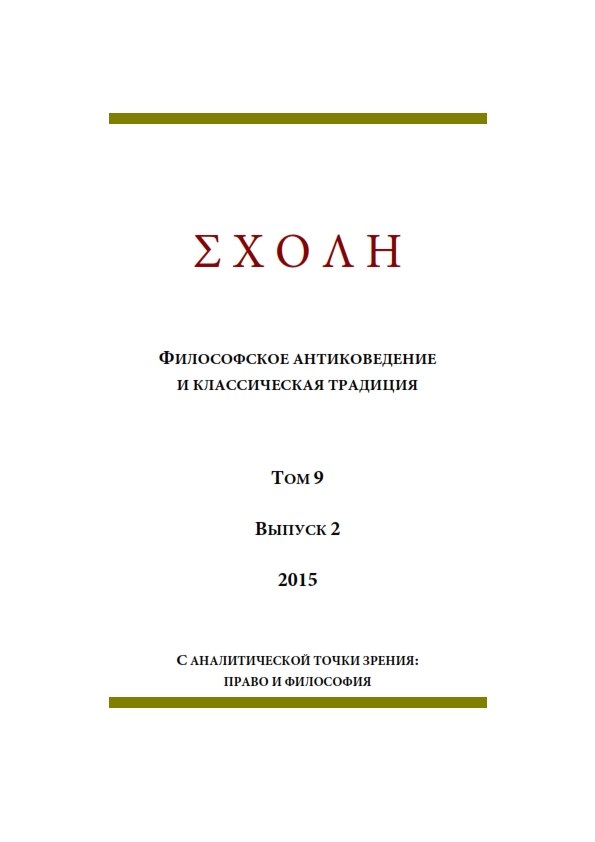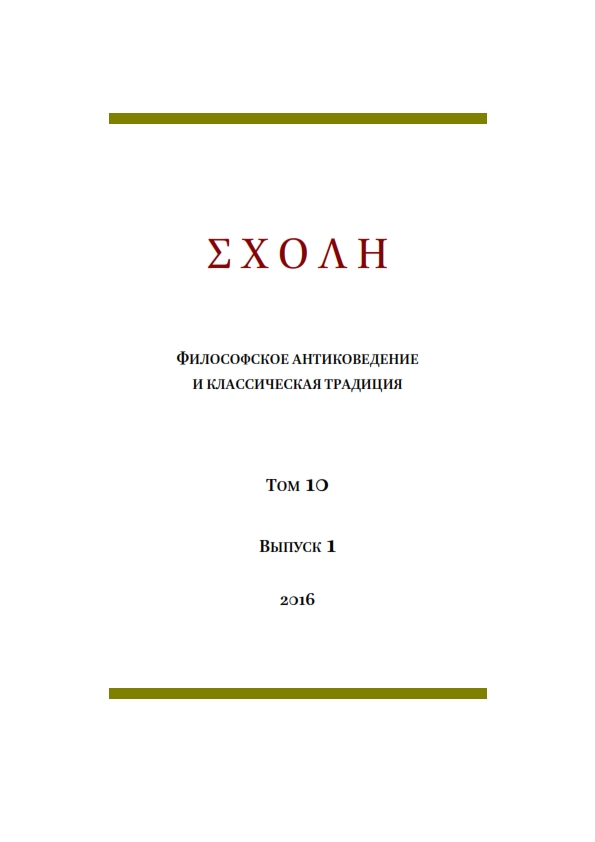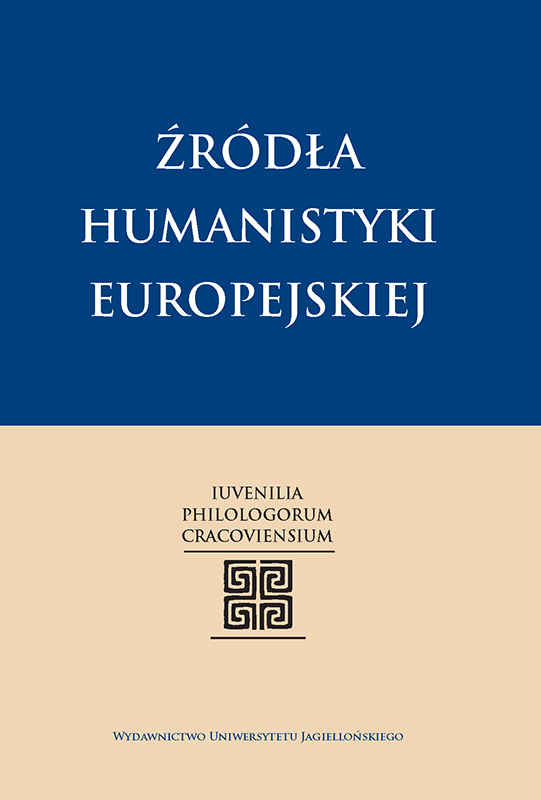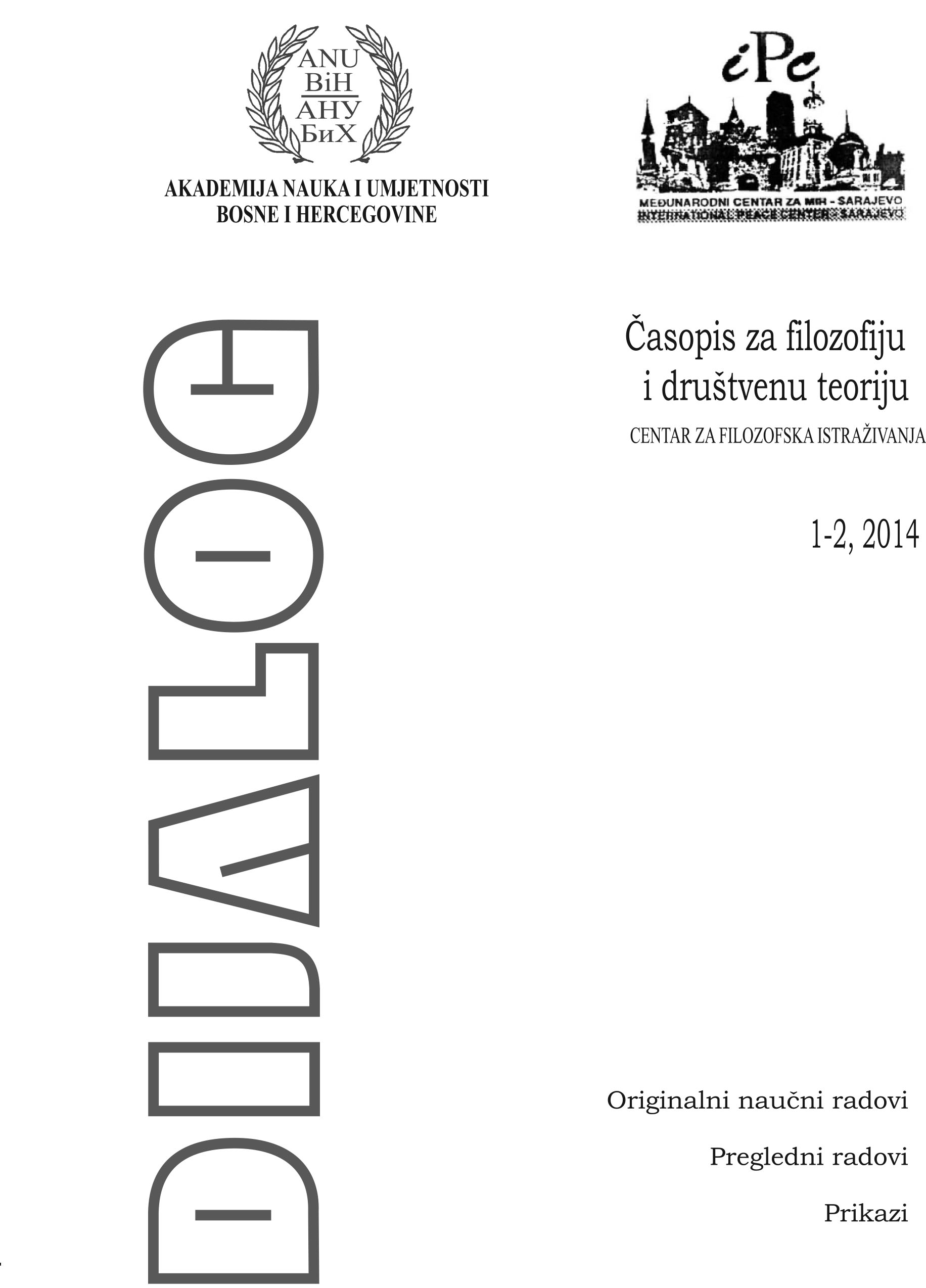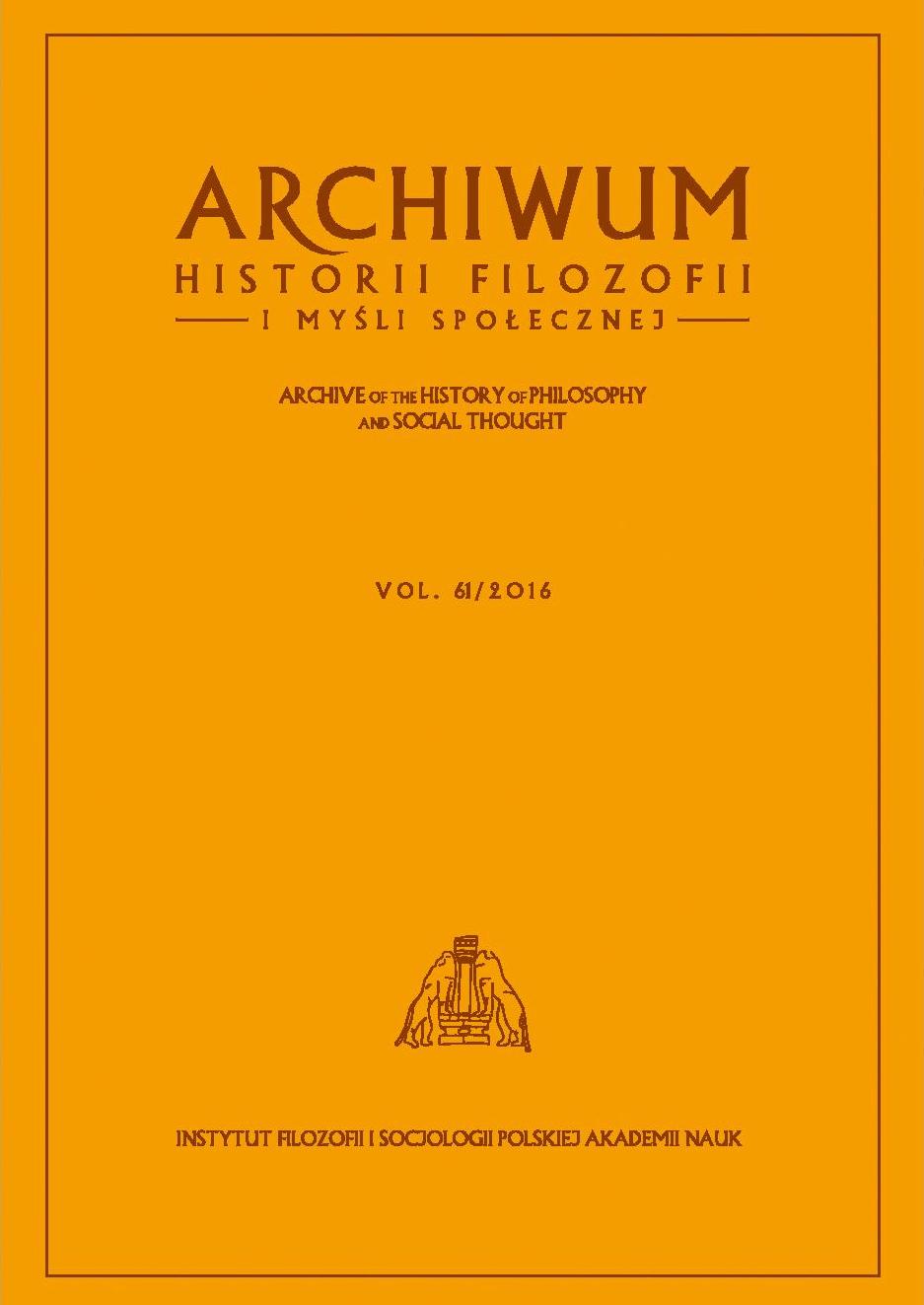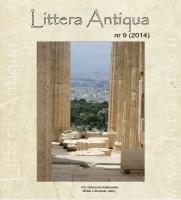
Reception of Ancient Sicilian Greek experiences in political theory of Plato, Xenophon and Isocrates - a survey
In a book dedicated to turbulent history of Greece in fourth century Michael Scott describes ancient Sicily as “petri dish” for political experiments of Ancient Greeks. Article tries to find the evidence for such a claim can it be said that political experiences of Sicilian Greeks in fifth and fourth century were used in political theory of mainland Greeks? Such traces can be found in works of three Athenians Plato, Xenophon and Isocrates. All three had written about forms of government, including the rule of one. All had lived in the same period of time and were influenced by the same historical events. Plato is famous for his journeys to Sicily, Xenophon wrote a treaty featuring well known Syracusan tyrant from the previous century. Isocrates, in the end, had written a letter to Dionysius the Elder. Does that mean that there was some transfer of the ideas between Syracuse and the mainland Greece? Have political theory benefited in some way from the experiences of Syracusan tyranny?The article examines the works of three writers in search for traces of “experiments” that can be connected with Sicily and explicitly with Syracuse. Closer attention is shown to their opinions about ideal leaders and rulers. In each case, the background of each writer and his own reasons to write to or about Syracuse, results in something very different than one could expect from the metaphor about “petri dish”. Their knowledge of Sicily can be limited, most often however they use the general knowledge about the Sicilian tyrants to their purposes. Plato, who would have the most ambitious political project regarding the island, ends up with also the biggest failure.
More...
